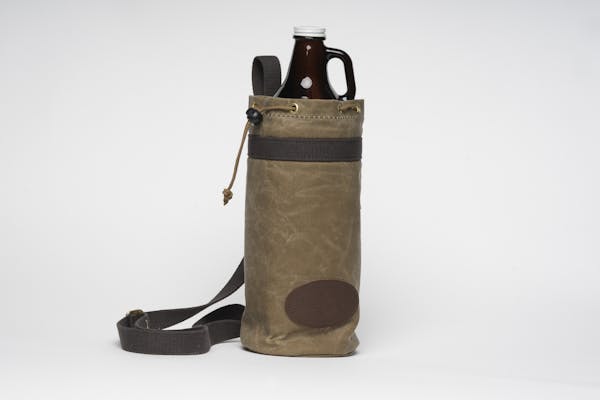When it comes to convenience, affordability and accessibility, it's pretty hard to beat a simple walk outside as a form of exercise. We've known for years that walking helps with weight control, strengthens bones and muscles and can help prevent conditions like heart disease, Type 2 diabetes and high blood pressure.
Even short walks — as little as 10 minutes — have been shown to improve the mood of test subjects. The health benefits of walking, in terms of a lower risk of death, have been found to come into play with as few as 4,400 steps a day. No need to give up if you can't hit the oft-touted goal of 10,000 steps.
Walking outdoors also improves creativity, according to experiments at Stanford University. Even walking on a treadmill facing a blank wall helped test subjects with creative thinking. Brisk walking helps increase blood flow to the brain, which could help with memory and cognition among older adults, according to a recent study at the University of Texas Southwestern.
Walking may even be a defense against a pandemic. A recent study found that people who reported being brisk walkers had about a quarter of the risk of dying from COVID-19 compared with people who said they were slow walkers, according to a study that used data collected from more than 400,000 middle-age people in Great Britain.
The great thing about walking is it doesn't cost any money, you don't need any particular skills and you don't need special shoes. You may not even need shoes at all, according to barefoot hiking advocates.
If you still need more motivation, here are some local groups and activities that can add a little interest to your walk or put a bit more bounce in your step:
Need for speed
The Twin Cities Race Walkers is a group of people interested in practicing the high-speed form of walking that's an Olympic sport.
But they welcome all sorts of walkers and all speeds, including dog walkers, ordinary walkers, race walkers, fast race walkers and walk/runners at their group walks, which occur three times a week. They organize walks Sunday mornings in Minneapolis and Saturday mornings and Wednesday evenings in St. Paul.
There's coaching available and the group maintains a calendar of competitive walking events that include 5K races, one-hour races, marathons, 50Ks and 24-hour events.
See twincitiesracewalkers.org for more information.
The Nordic way
Another way of turbocharging your walking workout is to try Nordic walking. Linda Lemke, a Minnesota Nordic walking instructor who calls herself the Nordic Walking Queen, stresses that Nordic walking requires specialized poles and a technique that's different from going for a stroll with a pair of trekking or hiking poles.
The goal isn't to use the poles to increase stability or reduce impact, but to boost your heart rate, calorie consumption and workout by giving your arms as good a workout as your legs.
"It's fitness walking with a specially designed pole," Lemke says. "It's accessible. It's effective, and it's affordable."
You can find Nordic walking instruction videos on YouTube. Lemke's website, lindalemke.com, also has resources on clinics, groups, technique and poles.
Mind and body workout
If you want to give your brain a workout as well as your body, you might want to combine your walk with a sort of navigational treasure hunt. Orienteering is a competitive sport that combines map reading and compass skills with traveling on foot in nature in a race to find a series of checkpoints.
The Minnesota Orienteering Club holds events in the spring and fall in parks throughout the state. This year that includes hosting the U.S. Masters Nationals championship on Oct. 9 and 10.
Orienteering meets typically cost $11 for nonmembers to participate. You can rent a compass for $1 and get some coaching from a volunteer before the meet if you're a first-timer. Try it solo or go with family or friends. Check out the Minnesota Orienteering Club website (mnoc.org) for more information about events, how to participate and instruction for beginners.
Motivation to explore
If you respond to rewards programs, Minnesota's state parks and trails have a program for you.
The Department of Natural Resources-sponsored Hiking Club is a self-directed program that encourages visits to the state's 68 trails at state parks and recreation areas to accumulate logbook entries that can be redeemed for rewards like patches or certificates for free nights of camping.
Start by purchasing a Hiking Club book for $14.95 at any state park Nature Store (or online at dnr.state.mn.us) or by calling Gooseberry Falls State Park at 218-595-7101. Then choose one of the hikes and look for the password written on a sign about halfway through each hike.
Write the password and the distance you hiked in your logbook and present it to state park offices to show off your achievements and collect your rewards.
